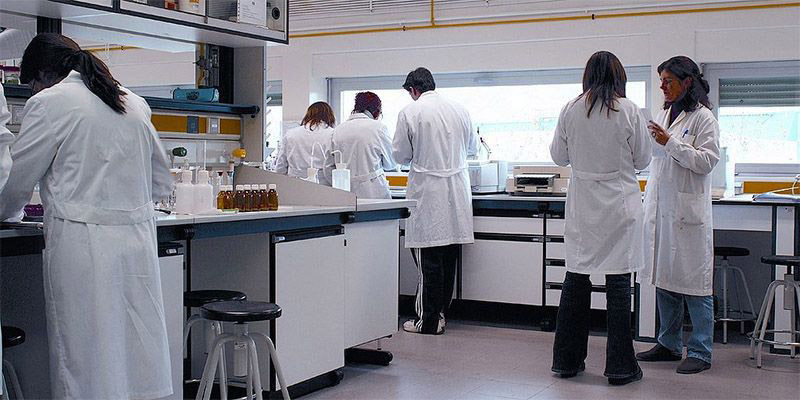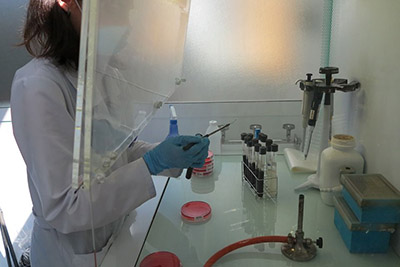
The Department of Physiology and the Hypertension and Renal Center of Excellence have a program that offers various research opportunities to medical students. The overall goal of this program is to provide interdisciplinary training to medical student research fellows in a variety of research areas. Emphasis is placed on an integrated consideration of the cardiovascular, renal, humoral and neural mechanisms responsible for the development and maintenance of hypertension and related disorders of the cardiovascular, neural and renal systems. Analysis of pathophysiologic mechanisms involved in these disorders includes a vertically integrated training program that encompasses research at several levels including renal, vascular, cardiac and transport biology, cellular and molecular analysis of genomic processes involved in hypertension, neurophysiological studies and clinical and translational studies of mechanisms and treatment of hypertension. These goals are achieved through our unique collection of faculty with expertise and diverse aspects of hypertension research and through utilization of a diverse array of investigative approaches spanning whole animal studies to cellular and molecular methodologies. This multifaceted approach provides a wide choice of opportunities for medical students interested in obtaining research experiences.Read More
Tulane University School of Medicine has assembled a group of talented and productive investigators experienced in state-of-the-art techniques and interested in vascular, renal and neurobiology. This multidisciplinary setting is utilized to provide medical student trainees with didactic instruction and research experiences in studies of the vascular, renal, neural and endocrine mechanisms regulating cardiovascular and kidney function. Specifically, medical student research fellows have the opportunity to investigate the humoral and paracrine mechanisms responsible for vascular control in different organ systems, endothelial interactions influencing vascular regulatory processes, mechanisms responsible for regulation of blood flow in single arterioles and capillaries, cellular mechanisms responsible for activation of calcium entry pathways and mobilization of intracellular calcium stores, and analysis of pathophysiologic processes responsible for tissue injury in hypertension and mechanisms contributing to the neural control of blood pressure.
Taking part in this medical student research program allows medical students to gain a more in-depth understanding of a specific research field which they have chosen to study. Medical student research fellows will be involved in the execution of specific experimentation, collection, collation, and interpretation of data, as well as in writing abstracts and manuscripts for publication. Medical student trainees are taught all aspects involved in carrying out a research project from start to finish. When the research project is complete, medical student trainees should have an in-depth understanding of the following:
- Research methodology
- Formulating hypotheses
- Designing experiments
- Evaluating research data
- Compiling research data for publication
In addition, medical student trainees are expected to attend departmental seminars, hypertension conferences, and research meetings in their individual laboratories. At the completion of the research opportunity, medical student trainees will give an oral presentation of their research project.
Medical students interested in performing a research project in the Department of Physiology should go to the Physiology website at https://medicine.tulane.edu/departments/physiology in order to determine which research programs of our faculty are of interest to them. The medical student then contacts the appropriate faculty member directly to explore possible specific research opportunities. Once a research opportunity has been established, the medical student will prepare a brief statement (approximately one page in length) describing the research project. This project description should be cosigned by the medical student and the faculty mentor. Once this is done, medical students should submit the signed project and an updated resume to Dr. Kenneth Mitchell at kdmitch@tulane.edu.
